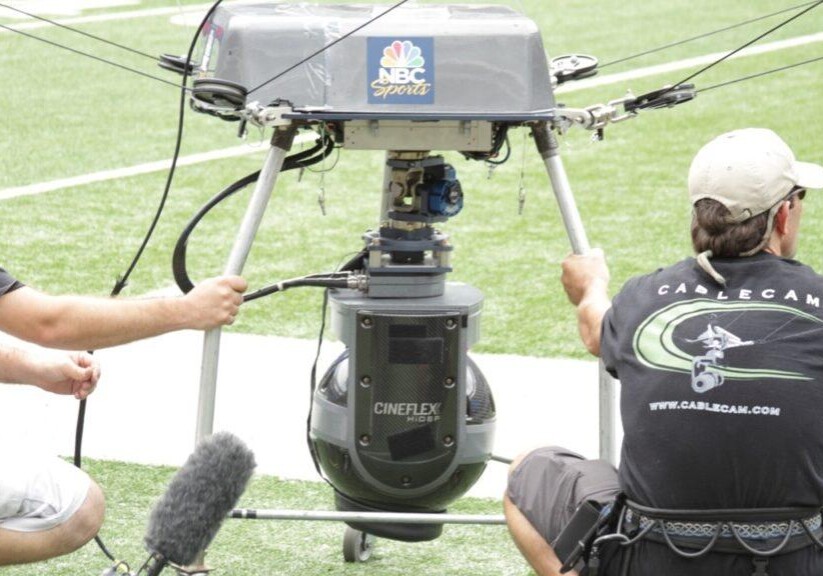FerroCity Blogs
Check out the latest in our Blogs & Featured Podcast Profiles
Obsolete Your Tool, Not Your Career

My father spent his life as an auto machinist and my uncles were all construction workers. Anytime I was about to start wrenching my Harley or adding an addition to my house, my father and uncles would remind me, “you need the right tool to do the right job”.
Although, it took me a few decades to truly understand how critical those words were in achieving a successful outcome, I did eventually get it. (They also told me to cut my hair and get rid of those earnings but you can’t always agree on everything. Haha)
Back to their words of wisdom about tools. To this day no matter whether I’m mic’ing up a grand piano or trying to capture the intimacy of a dimly light cabaret performance with a DSLR, choosing the right tool is the critical key to achieving success.
But choosing the right tool means you first need an in depth understanding of the task at hand.
You would never drive your kids to school in an urban neighborhood in a formula one racing car or enter your minivan into the Kentucky Derby?
Sounds ridiculous but I’ve seen so many people attempt a project with all kinds of crazy gear and tools then wonder why it looks or sounds like crap.
It’s never just the best tools or gear that make a great project. It’s about having the right understanding or “know how” to create with an appropriate tool.
How many legendary guitar players use their banged up old ass guitar and make it sound amazing, when they have millions to buy the best.
How about sculptors who can take a raw block of wood they found in the forest. Then using their old chisel and hammer and carve a beautiful statue.
Secrets Of Analog And Digital Synthesis
As you know I started my career on the music side of the entertainment industry. I eventually developed an engineering / service company specializing in the repair and modification of a new technology called, Synthesizers. That led to a friendship and collaboration with Steve DeFuria. Steve is brilliant keyboard player who was a pioneer in sound modeling and synth programming among his other diverse skills and talents.
One of our many collaborations yielded books on the creative use of technology, published by Hal Leonard Publishing. The first book was, Secrets Of Analog And Digital Synthesis.
Remember at the time synthes were thought to be a truly “new technology”, not an evolution of any previous technology.
Or where they?
Working with Steve on this book I learned more than I contributed. Steve put forth the concept that understanding the “physics” of sound would allow you could replicate any audible sound. The use of sound sources like trumpets, violins, drums, water splashing, etc. can be considered the older technologies. These are the technologies that synths evolved from.
Knowing the elements of each sound was more important than memorizing what happens when you push a particular button or fader on the front panel of every specific devise.
Eventually, the various flavors of synths would give way to different buttons and faders laid out uniquely on each unit. But if you understood the foundation of sound that would never change. The evolved new tech, the synthesizer, was just a “tool” that was needed to replicate the selected sound.
You can apply this process to any craft.
If you were carving a wooden statue, you need to understand the grain of the wood, the strength of each wood, etc. Then grab your chisels and hammer and get to work.
If it’s a new accounting software, you still need to know the basics of accounting, spreadsheets, reporting, etc. Then apply the attributes of the new tech software to the specific job.
If it’s selecting a mic to capture a vocal, you need to understand the basic elements of the vocalist and the basic specs of microphones.
This is true for lighting, camera, carpentry, surgery, almost any craft or job that requires the use of a tool or tools.
The take home point is, in order to master a craft or job, you need to understand the elements of the job or craft, then it’s time to apply “the right tool for the right job”.
Following this method, you will never become obsolete only the tool will be replaced.

